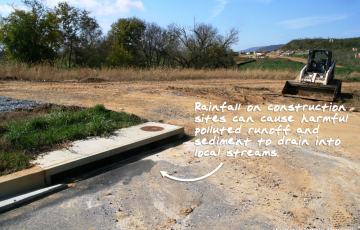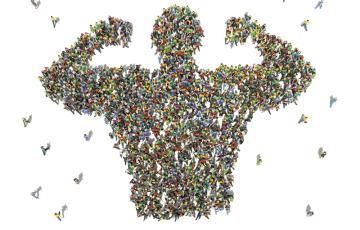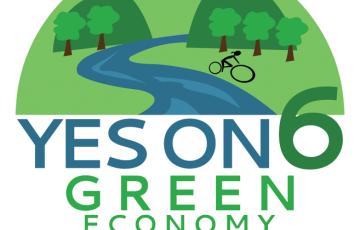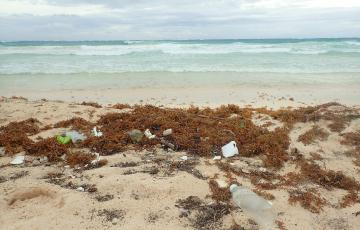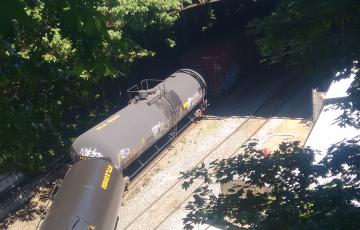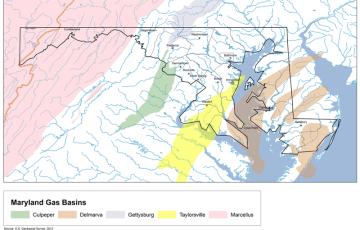Clean Water Action supports the Monocacy Scenic River Management Plan
The Monocacy River is a vital source of drinking water, recreation, and tourism in Frederick County, but its water quality is dangerously impaired. This year's update to the Monocacy Scenic River Management Plan contains key provisions that will prevent pollution from entering the Monocacy, restore
